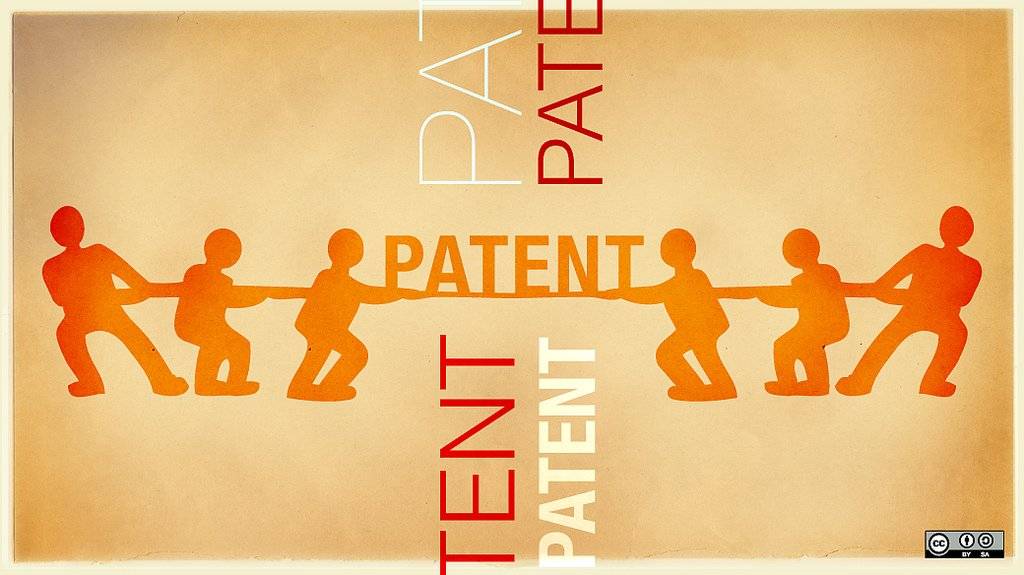First Publication Date: 9th January 2010
The holder of a patent relating to “food-grade laminated paper and a method and apparatus for manufacturing the laminated paper” filed an infringement action against Mariappan and others and sought an interim injunction to restrain infringing activities during the pendency of the suit.
The Court started its analysis by observing that it was a settled position of law for granting an order of ad-interim injunction including the infringement of Designs, Copyrights and Patents that the applicant/plaintiff must prima facie establish that balance of convenience lay clearly in his favour and irreparable loss might be caused to him on account of non granting of an order of ad-interim injunction. It then pointed out that a patent granted after the 2005 amendment would be given greater weight for ascertaining prima facie case and that the onus of proving prima facie patent validity and infringement was on the patent holder.
Though the patent was examined and granted by the patent office, the Court observed that the existence of a granted patent would not guarantee the validity of the patent. It then stated that grant of a patent itself could not be deemed to be prima facie case on the side of the patent holder and that it was the duty of the patent holder to prove prima facie case as in any other case of application for injunction . Since applications for opposition of grant of patent were pending adjudication before the appropriate authority, the Court stated that prima facie case weighed against the patent holder. Considering the fact that the art of making laminate paper was well known and as there were patents and publications that dealt with laminate paper, the Court stated that the patent prima facie lacked inventive step and was therefore not valid. As the patent holder failed to prove prima facie case, the Court upheld the denial of interim injunction. The Court observed in the case that the rule, which provides that presumption of validity would lie against a patent that was less then six years old was no longer a strict principle because of the rapid pace at which technology was progressing and the speed at which products would today lose relevance.
The holder of a patent relating to “food-grade laminated paper and a method and apparatus for manufacturing the laminated paper” filed an infringement action against Mariappan and others and sought an interim injunction to restrain infringing activities during the pendency of the suit.
The Court started its analysis by observing that it was a settled position of law for granting an order of ad-interim injunction including the infringement of Designs, Copyrights and Patents that the applicant/plaintiff must prima facie establish that balance of convenience lay clearly in his favour and irreparable loss might be caused to him on account of non granting of an order of ad-interim injunction. It then pointed out that a patent granted after the 2005 amendment would be given greater weight for ascertaining prima facie case and that the onus of proving prima facie patent validity and infringement was on the patent holder.
Though the patent was examined and granted by the patent office, the Court observed that the existence of a granted patent would not guarantee the validity of the patent. It then stated that grant of a patent itself could not be deemed to be prima facie case on the side of the patent holder and that it was the duty of the patent holder to prove prima facie case as in any other case of application for injunction . Since applications for opposition of grant of patent were pending adjudication before the appropriate authority, the Court stated that prima facie case weighed against the patent holder. Considering the fact that the art of making laminate paper was well known and as there were patents and publications that dealt with laminate paper, the Court stated that the patent prima facie lacked inventive step and was therefore not valid. As the patent holder failed to prove prima facie case, the Court upheld the denial of interim injunction. The Court observed in the case that the rule, which provides that presumption of validity would lie against a patent that was less then six years old was no longer a strict principle because of the rapid pace at which technology was progressing and the speed at which products would today lose relevance.



